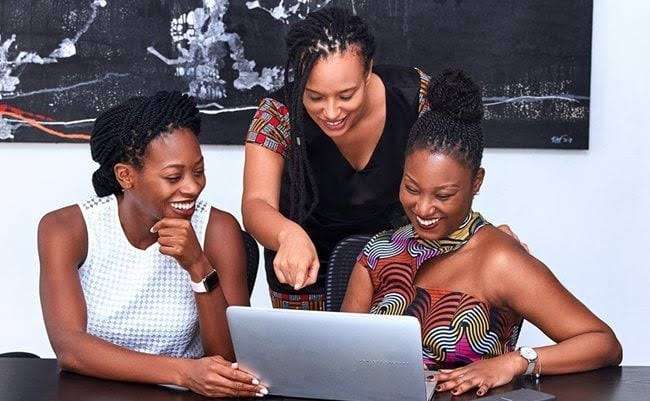The Boston Consulting Group (BCG) has announced the Phase 2 of its Women in Africa Deal Accelerator, a programme designed to help women-owned, women-founded, or women-centred ventures across Africa raise capital and scale sustainably.
Following a successful pilot phase, which supported 11 early-stage startups in FinTech, HealthTech, EdTech, and RetailTech, the initiative is now widening its net.
This time, it is turning its focus towards traditionally underserved but vital sectors, including Agricultural Services, Health and Social Care, Childcare and Early Education, and Hospitality and Domestic Services.
“Apply to join the WEE Africa Deal Accelerator+ – a programme supporting women-led or women-centered businesses across Africa to become investment-ready, connect with investors, and scale their impact,” BCG said on its application page.
What You Should Know
In its inaugural phase, the programme worked closely with 11 women-led startups in high-growth verticals such as financial inclusion, health innovation, education access, and digital commerce.
These startups received investment preparation, pitch refinement, and strategic positioning, culminating in several successful funding rounds and strategic partnerships.
According to the BCG, Phase 2 promises to take the initiative further by focusing on sectors often overlooked by mainstream venture capital, despite their potential to create jobs, drive social impact, and contribute to GDP.
Application Details
Applications for Phase 2 are now open. BCG say interested founders must be building solutions within one of the newly prioritised sectors and be at a growth stage where investment can catalyse expansion.
BCG is encouraging both founders and ecosystem enablers to apply or nominate qualified ventures through the official application portal, here.
Targeting the Capital Gap for African Women Founders
Despite increasing entrepreneurial activity across the continent, women-led businesses in Africa still face disproportionate barriers in accessing capital.
According to the Africa Gender Index 2022, fewer than 7% of women entrepreneurs on the continent raise sufficient external funding to grow their ventures. This deal accelerator aims to change that narrative.
Industry experts say the BCG’s initiative could be a turning point for capital allocation in sectors often seen as low-margin or “non-tech”, but which are essential to inclusive development.
In a LinkedIn post, Ifeoluwa Ogunbufunmi, a startup advisor, encouraged eligible founders to apply for the second phase of the Women in Africa Deal Accelerator.
“The Boston Consulting Group (BCG) Women in Africa Deal Accelerator is back for Phase 2,” she shared. “The BCG team is on the lookout for women-owned, women-founded, or women-centered businesses across Africa ready to raise capital and scale.”
Analysts agree that BCG’s hands-on support model is a timely response to the growing demand for inclusive financing structures and gender-balanced entrepreneurship ecosystems.
Talking Points
The return of BCG’s Women in Africa Deal Accelerator underscores a growing shift in how capital and technical support are being channelled towards inclusive entrepreneurship, especially in underfunded and underrepresented sectors.
What makes this initiative particularly relevant is its deliberate focus on areas often overlooked by mainstream venture capital due to perceptions of low scalability or profitability.
At Techparley, we recognise that programmes like this serve as a necessary counterbalance in a startup ecosystem still heavily skewed toward high-growth tech sectors.
Providing tailored investment readiness support and investor linkages means that more women-led ventures solving critical local problems can now access the resources needed to scale.
That said, success will hinge on follow-through. Selection is only one part of the journey. Long-term impact will depend on sustained mentorship, post-programme support, and creating durable networks that last beyond investor matchmaking events.
Ultimately, BCG’s accelerator could become a model for how to bridge the gender-capital gap while bringing dignity, structure, and growth to businesses often operating informally or without access to traditional support systems.




